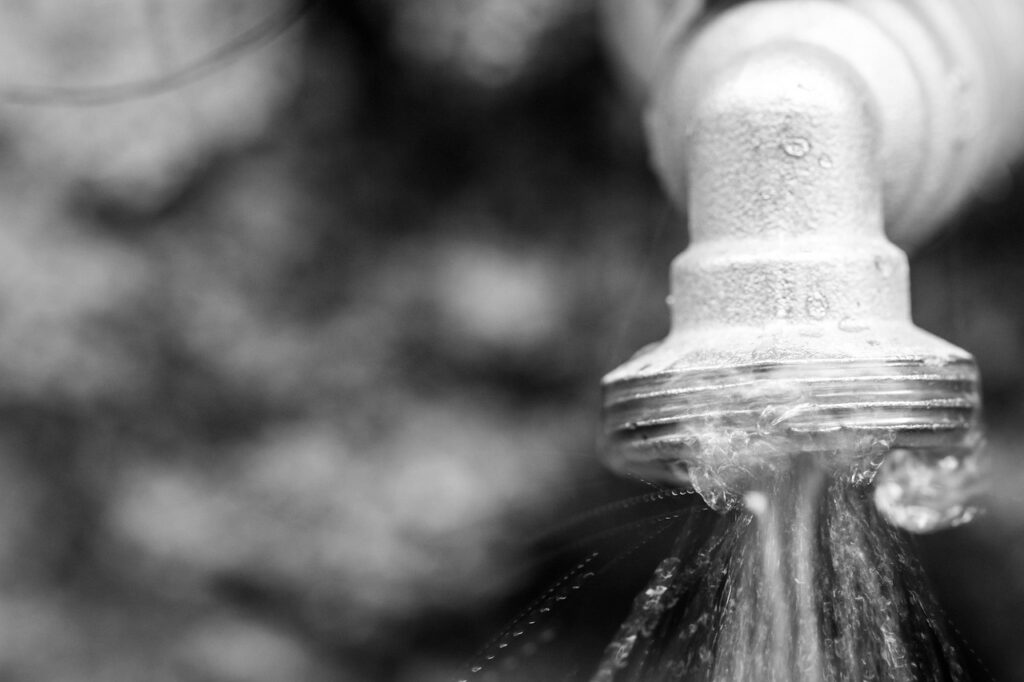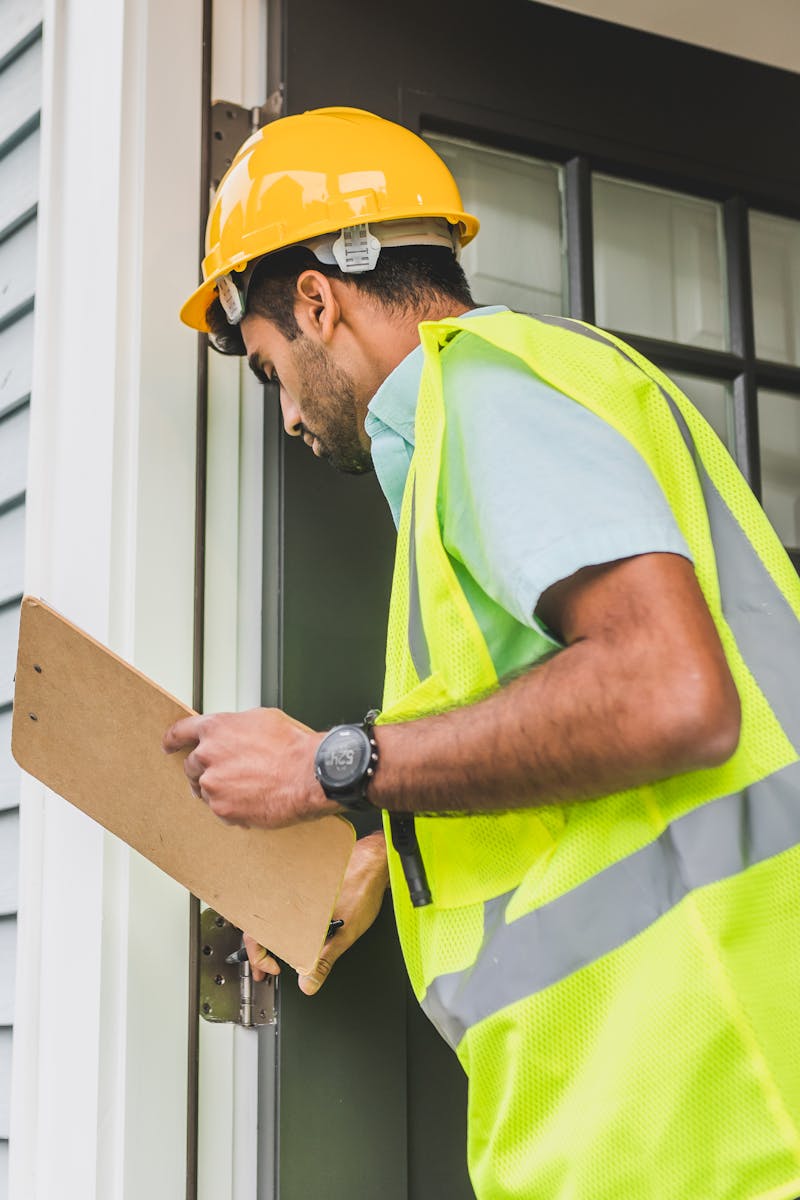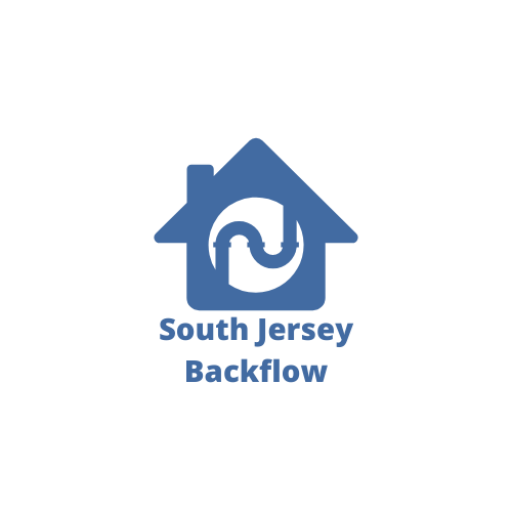Signs Your Backflow Prevention System is Failing
Backflow prevention devices are critical in ensuring the safety of your drinking water. A malfunctioning backflow preventer can allow contaminants such as chemicals, bacteria, and other pollutants to enter your water supply, posing serious health risks.
Recognizing the warning signs of a failing backflow prevention system can help homeowners and business owners in New Jersey take timely action to avoid costly repairs and regulatory non-compliance. In this guide, we’ll cover the key indicators of backflow failure and what steps you should take if you suspect an issue.

1. Discolored or Foul-Smelling Water
One of the most obvious signs of backflow failure is a noticeable change in water quality. If your water appears discolored, has a bad odor, or tastes strange, it could indicate contamination. Common causes include:
- Rust from corroded pipes entering the system
- Sewage or chemical infiltration due to pressure imbalances
- Bacteria and organic matter affecting water clarity and odor
2. Fluctuating Water Pressure
Backflow prevention systems rely on stable pressure to function effectively. Sudden drops or inconsistent water pressure may signal:
- A failing backflow preventer
- A broken valve or seal allowing water to reverse flow
- A cross-connection issue introducing contaminants into the supply
If you experience unusual pressure changes, it’s essential to have a professional inspect your system immediately.
3. Leaks or Dripping Water Near the Backflow Preventer
Visible leaks around your backflow prevention device or connected pipes could indicate internal damage. Common causes include:
- Worn-out seals or gaskets
- Corrosion and mineral buildup
- Physical damage from freezing temperatures or impact
Even small leaks can lead to system failure, making early detection crucial.
4. Slow Drainage or Water Flow Issues
If water is draining slower than usual in sinks, tubs, or outdoor irrigation systems, it could be due to backflow contamination affecting plumbing efficiency. Slow drainage might also indicate:
- Clogs forming due to sediment buildup from contaminated water
- Pressure imbalances restricting normal water flow
- A faulty check valve preventing proper water direction
5. Presence of Sediment or Debris in Water
When a backflow preventer fails, pollutants from industrial, irrigation, or municipal systems can enter drinking water lines. Look for signs such as:
- Sand or grit in tap water
- Unusual floating particles
- Metallic or chemical tastes
These contaminants could be hazardous to health and should be addressed immediately by a certified backflow technician.
6. Unusual Noises from Plumbing System
Hearing strange noises such as gurgling, banging, or vibrating pipes may indicate backflow issues. This can result from:
- Pressure fluctuations causing water hammer effects
- Air pockets forming due to improper valve function
- Restricted water movement within the system
If you notice these sounds, it’s best to schedule a professional inspection.
7. Failure to Pass Annual Backflow Testing
In New Jersey, annual backflow testing is required to ensure compliance with state regulations. If your backflow device fails an inspection, it could be due to:
- Worn-out or broken internal components
- Improper installation or maintenance
- Age-related degradation of the unit
Failing a test means your system is not effectively preventing contamination, requiring immediate repairs or replacement.

What to Do If Your Backflow Prevention System is Failing
If you suspect your backflow preventer is malfunctioning, take the following steps:
Stop Using the Water
Avoid drinking or cooking with tap water until the issue is resolved.
Schedule a Professional Inspection
Contact a certified backflow tester to diagnose the problem and recommend necessary repairs.
Repair or Replace the Device
If your backflow preventer is damaged or outdated, it may need repairs or a full replacement.
Comply with Local Regulations
Ensure your system meets New Jersey’s backflow prevention requirements by scheduling routine maintenance and testing.
Trust South Jersey Backflow for Expert Backflow Prevention Services
At South Jersey Backflow, we specialize in testing, repairing, and replacing backflow prevention systems throughout New Jersey.
Our certified technicians ensure that your property remains compliant and your water stays safe from contamination risks.
Don’t wait until a minor issue becomes a major problem—contact South Jersey Backflow today for professional backflow testing and maintenance services!

